Description
Dirty hands is the name of a play by Jean-Paul Sartre, a committed French writer, published in 1948. The play was staged on April 2 of that year at the Antoine Paris Theater, directed by Peter Waldo and co-starring Jean Cocteau, as well as starring François Prairie and Andre Lugo.
The book Dirty hands (Play in Seven Houses) by Jean-Paul Sartre is a political drama set in an imaginary country called Illyria between 1943 and 1945, and tells the story of the assassination of a prominent politician.
A very readable and fascinating play by contaminated gangs, it is the work of a French philosopher, novelist and playwright, published in 1948 and culminating in a translation by Jalal Al-Ahmad. In this weekly play, Jean-Paul Sartre recounts the atmosphere of the French communist era. The play was first performed on April 2, 1948 in Paris.
Much of the story of Dirty Hands is told via flashbacks, and the killer describes how he accomplishes his mission. The identity of the killer is known from the beginning, but the main question is whether the motive for the murder was political or personal? Thus, in this play, Sartre focuses on why human events and inner motivations occur.
The story of this weekly play takes place in 1945. Of course, except for the first and seventh scenes, the rest of the story is a return to the past (Hugo’s memoirs) to two years ago, in 1943, when the internal affairs of the French Communist Party became the main theme of this play.
Another symbolic issue raised in the story is the issue of the French Communist Party’s alliance with liberal and monarchist parties during World War II. The story takes place in the region of Illyria, which is considered a “country” in the play.
The play begins when the German troops are retreating and finally defeated. Hugo is a young boy from the Communist Party who, at the behest of party leaders, is tasked with killing a high-ranking member whose views seem to differ from those of the party.
Not everything is simple in this operation. The story of Hugo’s love affair with a party member is politically oriented. Hugo, however, manages to accomplish this glorious mission; He was imprisoned for a few years and when he was released, everything changed …
Sartre, with his fluency and ability in fluent language, expresses the deepest political views in this work. He has been able to create plays based on deep and engaging dialogues that, over the years, continue to eagerly follow the reader to the end. Undoubtedly, in the influence and communication that this play has been able to establish with the Persian-speaking audience, the influence of the translation of Jalal Al-Ahmad’s style can not be ignored.
In this play, Sartre portrays his ideal Marxism; Marxism which, in his view, would be incomplete and ineffective without the thinking of existentialism.
Hugo represents this thinking in the story. Oder also represents pragmatic materialism in the story, which leads to Marxism, which is applicable in society and differs from its pure form. Sartre incorporates these two heterogeneous characters into the story in order to reach a moderation through them, a political philosophy that connects Hugo’s humanity and sense of responsibility with the avoidance of danger and the ability to say no.
In a part of the book, we read:
Olga: Have you ever seen me feel weak in front of her? I do not want you to leave him alive without any appointments. His father’s grave too. I’m only saying that before he is annihilated, one must consider whether the “party” can accept him again or not.
Louis: The other party can no longer accept him. Now he can not. You know yourself well.
– Olga: will work under a pseudonym and no one will know her except “Laurent” who is dead and “Dresden” who is on the front. Are you afraid that something will happen? If we follow it well, nothing will happen. Enlightened and anarchist? True, this can be bypassed-but not unless you’re a techie who knows what he’s doing. If we manage it well, as a business person, it will benefit every donkey we turn to. This has already been proven.
Louis: Okay? What do you suggest?
Olga: What time is it?
– Louis: Nine o’clock.
– Olga: You come back in the middle of the night. Until then, I’ll find out why he really killed Hodehrer, and how many are still dead. If I can conscientiously judge that he can still work with us, I will tell you from behind the door and you will let him sleep comfortably and you will give him your instructions tomorrow morning ….
ا Olga was that really؟? Did you really kill her for Jessica?
My Hugo … I killed him because I opened the door. That’s all I know. If I hadn’t opened that door … he was there, hugging Jessica, her lips and chin red. It was disgusting. I have lived in a world of tragedy for a long time. It was to save the tragedy that I shot.
Olga, weren’t you jealous?
Hugo jealous? Perhaps. But not about Jessica.
Olga, look at me and answer honestly, because what I am asking you is very important. Do you feel proud of the card? Do you take it on? Would you still do this if it had to be repeated?
Hugo, did I do it alone? I was not the one who killed, it was an accident. If I had opened the door two minutes earlier or two minutes later, I would not have surprised them in my arms, I would not have fired.
{Pause] I came to tell him I would accept his help.
Olga Well.
Hugo I accidentally shot three times, like in bad cop novels. Coincidentally, you can start the ifgers: “If I had stayed a little longer among the oak trees, if I had gone to the end of the garden, if I had returned to the pergola mansion.” But I, what am I going to do in the meantime? Then it becomes a murder without a murderer. [Pause در I often asked myself in prison: What would Olga say if she were here? What did he want me to think?
Olga [in a dry tone] Next?
Hugo Oh! I know very well what you were saying. You said, “Hugo, be humble.” We make fun of your reasons, your motives. We asked you to kill this man and you killed him. “What counts is the result.” I … Olga, I’m not humble. I could not separate the murder from these motives.
“Olga, I prefer this.”
Table of Contents
Publisher’s speech
The play of contaminated gangs
First Assembly: Olga’s House
Second Assembly
Third Assembly
Fourth Assembly: Hodeher’s office
Fifth Majlis: In the summer mansion of the third Majlis
Sixth Assembly: Hodaherr’s office
Seventh Assembly: Olga Room
1- Introducing the book Dirty Hands on YouTube
2- Introducing the book Dirty Hands in Aparat

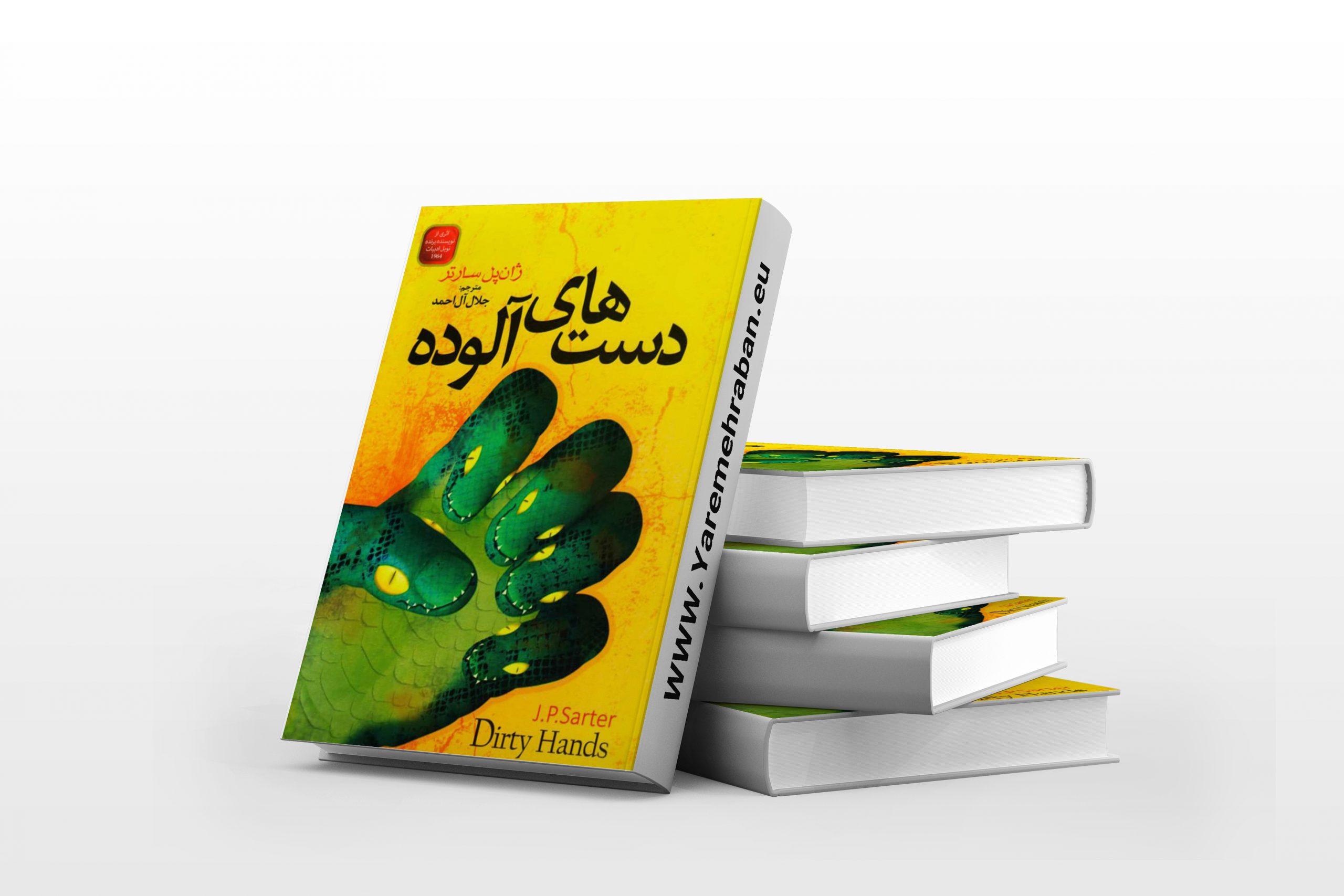
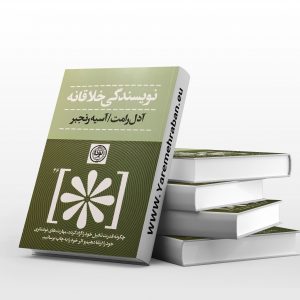


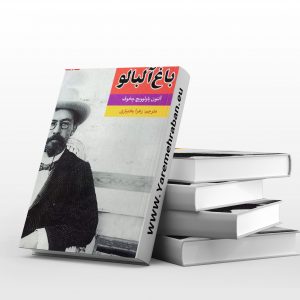
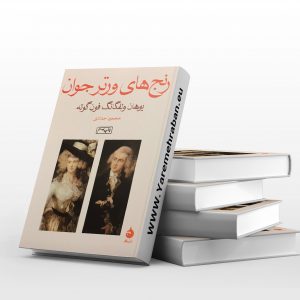



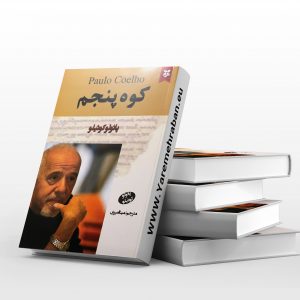
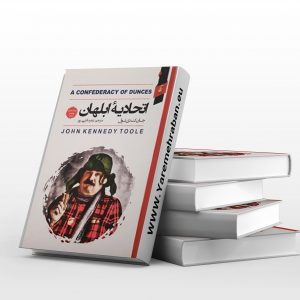


Reviews
There are no reviews yet.